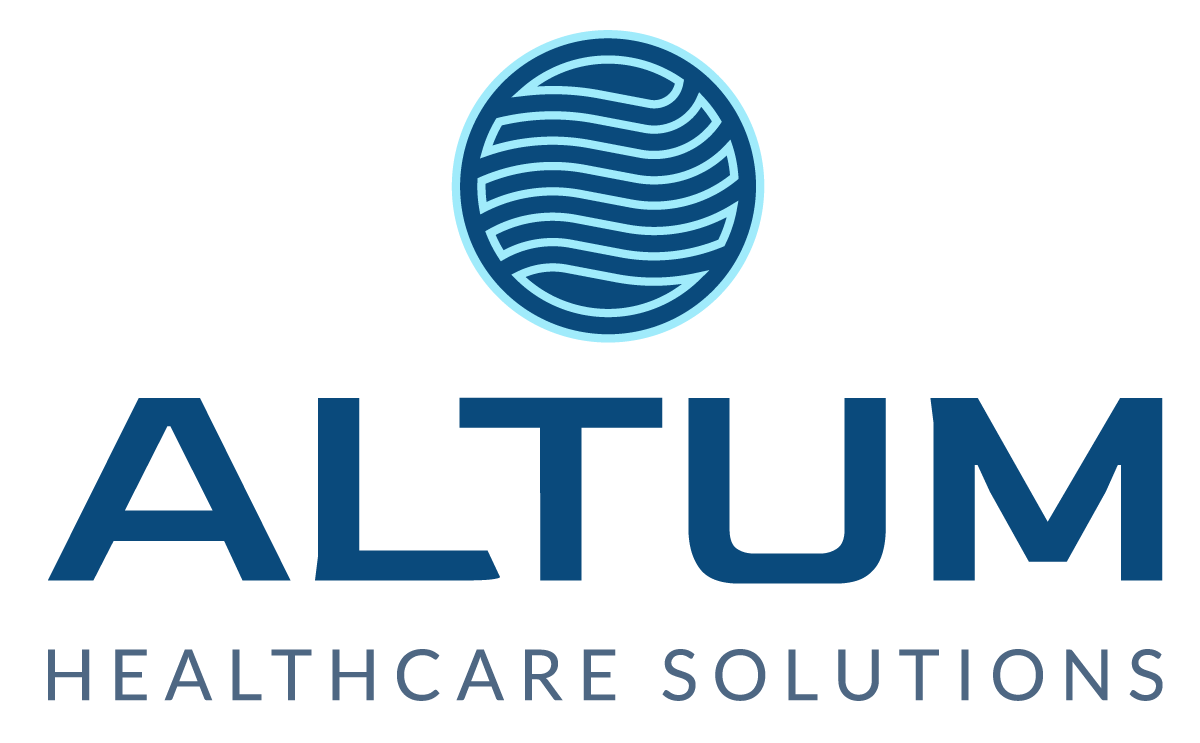By: Elizabeth Richards, Esq., CEO, Altum Healthcare Solutions
Last week the Supreme Court affirmed a lower court decision in Advocate Christ Medical Center v. Health and Human Services, which dealt a final blow to the more than 200 hospitals arguing that HHS was incorrectly calculating the Medicare fraction for the DSH adjustment.
As background, Congress provides a Medicare rate adjustment for hospitals that treat a high percentage of low-income patients, referred to as the “Disproportionate Share Hospital (DSH)” adjustment. The reason for the DSH adjustment is “low-income patients are often more expensive to treat than higher income ones.”
To calculate the DSH adjustment, the Department of Health and Human Services (HHS) adds together two statutorily prescribed fractions referred to as the Medicare Fraction and the Medicaid Fraction. At issue in this case, was the numerator in the Medicare Fraction. The Federal Code States, that the numerator for this fraction, is defined as “the number of a hospital’s patient days” attributable to patients “who (for such days) were entitled to benefits under Medicare Part A” AND “entitled to supplementary security income (SSI) benefits under subchapter XVI.”
Justice Barrett in delivering the opinion of the Court opens with the statement; “The Medicare program, which provides health insurance to elderly or disabled, is governed by a notoriously complex statute.” For those of us who have spent decades working within and decoding the Medicare statute, the complexity and the problems created by its language are well known. It is affirming to see that reality acknowledged by the highest court in the land. However, that is where the majority’s agreement with hospitals ends.
In ruling against the more than 200 Hospitals who joined this lawsuit, the Court affirmed HHS’s interpretation of “entitled to supplementary security income (SSI) benefits under subchapter XVI” to refer to patients who are “entitled to receive SSI benefits during the month” in which they were hospitalized. The Hospitals had argued that the phrase includes ALL patients enrolled in the SSI system at the time of their hospitalization, whether they received payment that month or not. According to these Hospitals, this counter interpretation by HHS cost them more than $1.5 billion in the years between 2006-2009.
In affirming the decision, the Court engaged in a very technical evaluation of the SSI benefits specifically conferred under subchapter XVI. The court held that the language in that subchapter clearly confers a “cash benefit” quantified in “dollar amounts.” Additionally, the subchapter defines these benefits as a monthly benefit.
The Court states the Medicare Fraction is looking at individuals that are not only eligible, but entitled to receive benefits, and since the SSI benefit referenced is a monthly case benefit, an individual must receive the cash benefit in the month of the hospitalization to be entitled.
The hospitals, joined by the dissent, argue that “eligibility, even for pure cash benefits,
begins when a person enters the SSI system and continues until she has been ineligible for 12 consecutive months, at which point she must submit a new application for benefits.” However, the majority states that based on the language in the statute, a person must qualify on a monthly basis for the benefits. Further explaining, that SSI benefits are not like insurance conferring a continuing right to coverage, rather they are meant to create an ongoing backstop against unexpected costs, that must be evaluated monthly.
The dissent led by Justice Jackson believes the majority’s interpretation is based on a misunderstanding of how SSI’s cash-benefit program works. Additionally, they believe “the only logical basis for the formula’s reliance on SSI, then, is to draw from that program’s pre-existing pool of individuals that have already been designated as our society’s neediest- not to assess the wholly irrelevant fact of whether any such individual actually received a cash payment.” They point out the absurdity that a low-income patient only counts out of happenstance of her hospitalization occurring in a month she received payment. If she does not receive payment one month, because she is able to collect additional income, it does not mean she is not the low-income patient Congress is trying to encourage hospitals to treat. Said patients are known to be in poorer health, and have more complications, this does not change because one month they have income.
What to Watch For
- Hospitals should confirm that they are not counting Medicare days towards their DSH fraction, unless the patient receives a SSI payment in the month of their hospitalization.
- Additionally, social workers and care coordinators should educate and work with low-income Medicare patients to ensure they are submitting all necessary information to SSI in order to receive monthly benefits and have those days count moving forward
- The Court did not address the significant questions raised by hospitals, over HHS’s use of a limited amount of codes denoting SSI-entitlement, when there are additional codes that exist and confer cash benefits on individuals. This will likely be the next part of the fraction litigated, and Hospitals should continue to appeal HHS’s restrictive selection of codes.








